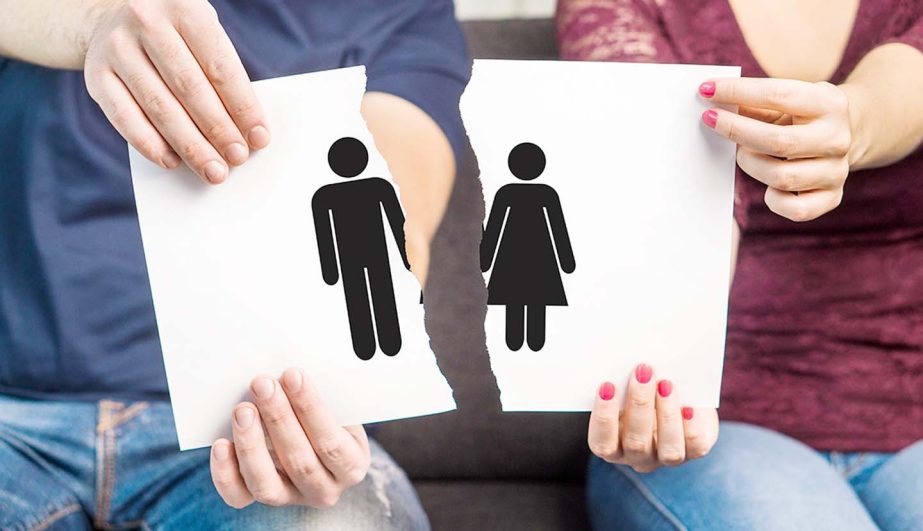
Veronica M. Lamarche, PhD :
The past year has seen a big shake-up when it comes to dating. Shelter-in-place orders have made it more difficult to meet up with potential partners, and even when meeting up is possible, the risk of contracting Covid still looms. But it’s not just the practical aspects of dating that have changed: psychologically people have changed what they’re looking for in a partner as well.
A new paper looked at people’s dating preferences and selectivity in a multinational sample of nearly 700 people who were single or casually dating between April and May 2020. Despite variability in Covid restrictions at this time, most people reported some form of social distancing was being advised in their local area. Participants were asked questions that tapped into how concerned they were about the Covid pandemic, how afraid they were of being single, and the extent to which they believed that their preferences in romantic partner had changed since the start of the pandemic. The authors also controlled for participants’ general risk aversion, to make sure that any reported changes were specific to concerns about COVID and not people being risk takers or worriers more generally.
Swiping right on stability
People who were more worried about Covid during that first wave of the pandemic reported a greater fear of being single compared to those relatively lower in these concerns. They also believed that partner stability and family commitment were even more important traits in a potential than before the Covid pandemic began. These preferences appeared to be linked to the relatively greater fear of being single that people high in concerns about Covid reported. By contrast, although people who were more worried about Covid also believed that physical and social attractiveness were more desirable now than before, this was not being driven by their fear of being single. Overall, this paper suggests that although the fear of being single is often associated with people lowering their dating standards , people who were more concerned about Covid were actually becoming more selective, at least compared to what they thought their standards were pre- Covid.
What might help explain why people more worried about Covid placed a greater importance on partner stability and family commitment than they did before the pandemic began? One possibility is that the pandemic raised the stakes on how important it was to have a strong and reliable support network. A committed partner is more likely to be steadfast in the relationship , and less likely to abandon you for someone else . They are also better at controlling themselves and behaving less aggressively , which can be very important when sharing close quarters during periods of sheltering in place. So choosing the right person for the right environment is important.
Preferences for more attractive partners are also consistent with a psychological response to environmental uncertainty. Evolutionary theories of dating behaviours suggest that the preference for attractiveness stems from a need to pick a partner who will help produce healthy offspring who will keep your genetic legacy alive. It therefore makes sense that people who are more worried about Covid would be more likely to prioritise traits that signal whether someone is healthy cues that someone is healthy, even though someone’s attractiveness is no guarantee that they are Covid -free.
Summer 2021: Fear of missing out on a good time?
The findings from this study suggest that different partner preferences–or at least people’s perceptions of their preferences–may stem from different psychological needs or environmental pressures. This means that as lockdown restrictions loosen and vaccines make in-person encounters safer, preferences in partners will likely change as well.
Fewer social distancing restrictions and even the promise of a fully re-opened country in time for the summer might mean that people are going to be less concerned about Covid and focused more on finding someone who shares the same desire to savour every moment. Alternatively, other people might still feel apprehensive about lockdown ending and could continue to look for a committed partner who shares their values and priorities . What’s clear, is that our partner preferences are more subjective than people necessarily realise and can be affected by different kinds of needs and uncertainty.
(Veronica M. Lamarche, Ph.D. is a social-personality psychologist and relationship researcher at the University of Essex).

